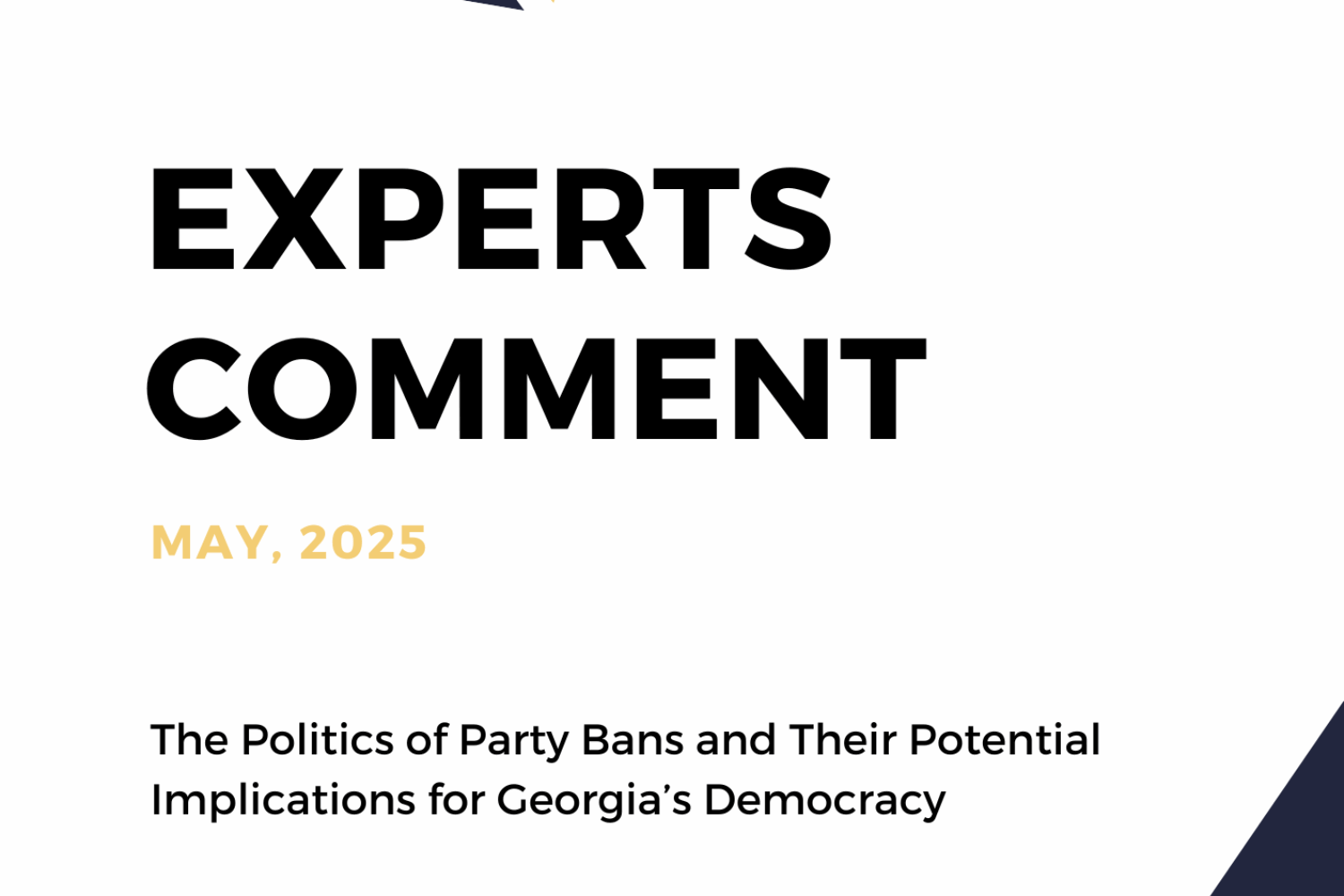2025-05-07 12:32:26
Over the past two years, Georgia has experienced an accelerated freefall towards authoritarianism, with the ruling Georgian Dream party introducing increasingly repressive legislation on an almost weekly basis. These measures targeted fundamental freedoms – severely restricting freedom of expression and assembly, curtailing media freedom, and civil society.
In parallel, Georgian Dream recently adopted, in its second hearing, amendments that would allow for the permanent banning of political parties. Crucially, this prohibition would also extend to any new political entities formed or joined by former members of the banned party. The proposed amendment requires the Constitutional Court to issue a ruling within nine months—or within just 14 days during election periods.
The party’s leadership has made it clear that the goal of these amendments is to permanently ban what it calls the “collective United National Movement,” effectively targeting all major opposition forces. It was one of the key promises of GD’s pre-election campaign and may be delivered in the coming months. By legally restricting any political group it deems as continuing the legacy of UNM, the ruling party would effectively eliminate meaningful political competition and cement its hold on power.
At the invitation of the Georgian Institute of Politics (GIP), a selection of foreign and Georgian experts have given their responses to the following questions:
- In your opinion, what could be behind Georgian Dream’s strategy?
- What could or would justify a ban on a political party in a functioning democracy?
- What could be the response both domestically and internationally to this challenge? Where does it lead Georgia and its democratic aspirations?




